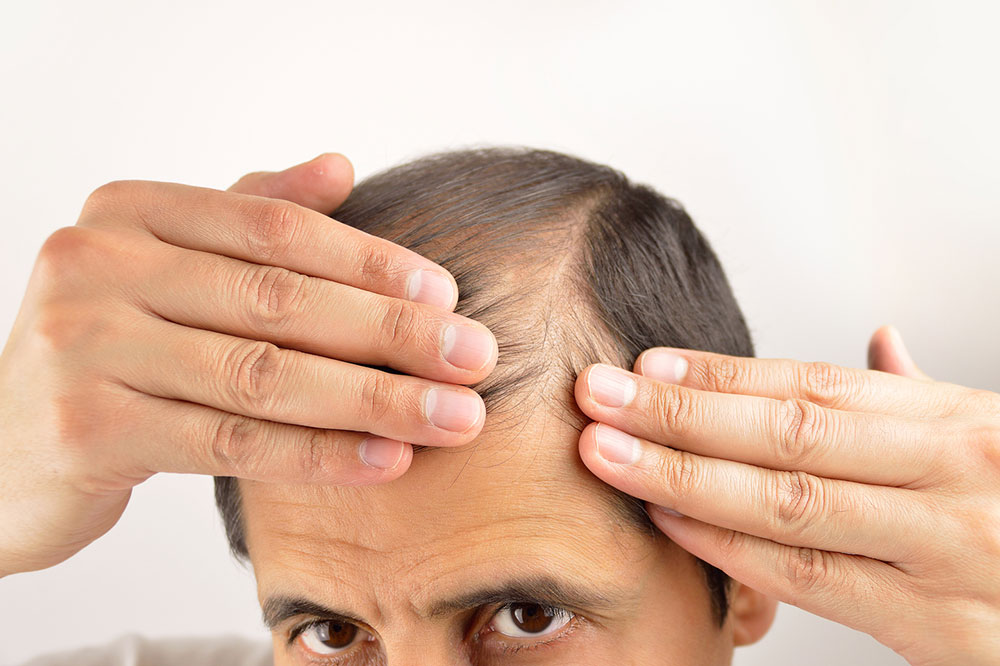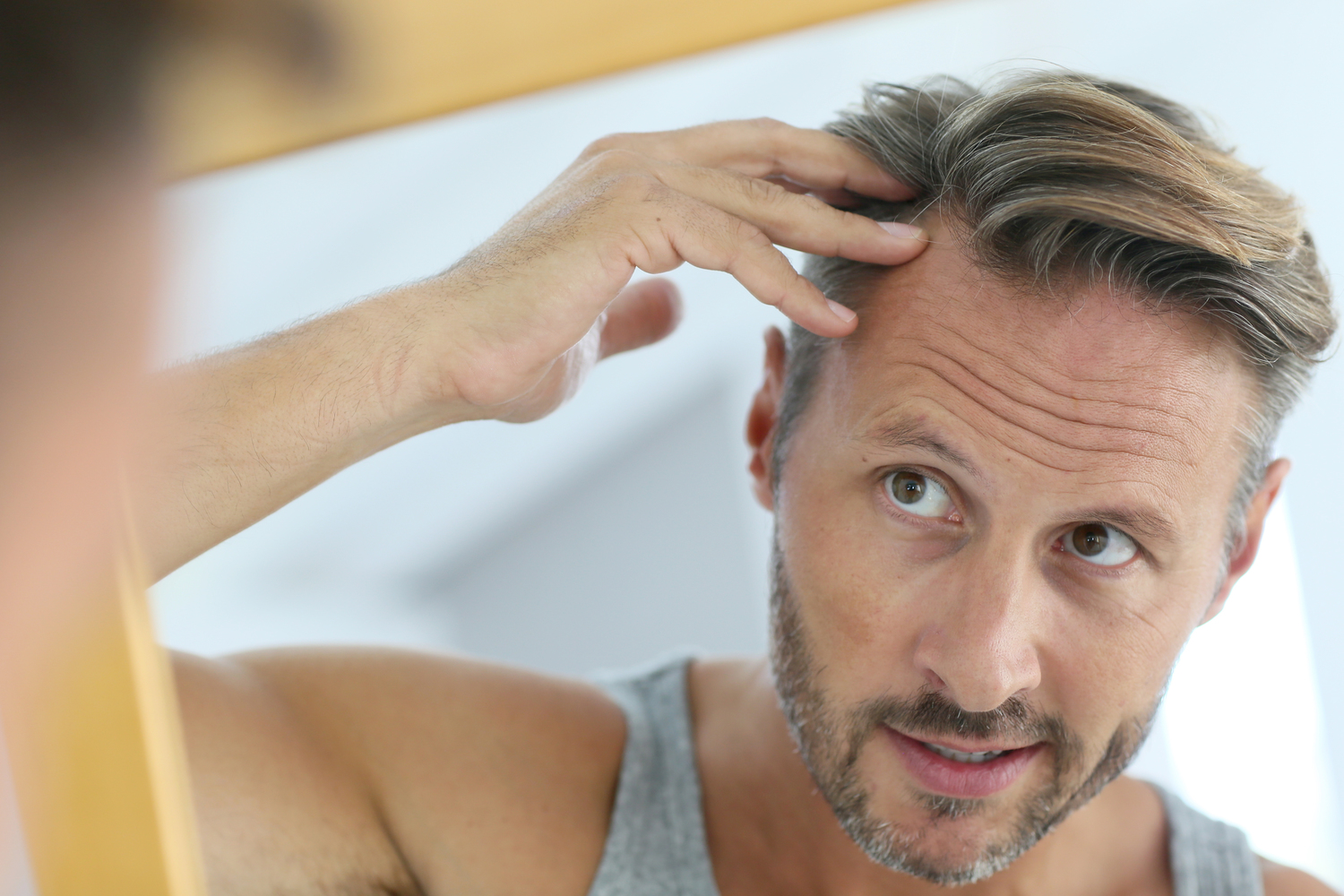Natural and Medical Strategies to Combat Hair Loss
Discover effective strategies and home remedies to combat hair loss, including medical treatments, nutritional advice, and natural solutions. Learn how to prevent thinning hair and promote healthy growth through expert tips, hygiene practices, and lifestyle modifications. Ideal for those seeking to maintain or regain thick, vibrant hair, this comprehensive guide covers all aspects of hair fall prevention and management.

Natural and Medical Strategies to Combat Hair Loss
Noticing excessive hair fall on your pillow or in your brush can be alarming. If you're tired of losing large clumps of hair, it's time to take action. Hair thinning, medically known as alopecia, affects millions worldwide and can impact self-esteem and confidence. Regardless of hair type or style, everyone desires healthy, voluminous hair. Various factors like stress, nutritional deficiencies, and health conditions can lead to hair loss, but numerous treatments are available to promote regrowth and prevent further shedding.
Common causes of hair loss include:
Stress and Anxiety
Modern life often leads to high stress levels. Conditions like depression, illness, or recent surgeries can trigger hair shedding. Managing stress through relaxation techniques and ensuring full recovery post-illness can help restore normal hair growth.
Protein Deficiency
Hair primarily consists of keratin, a protein. Insufficient protein intake hampers keratin production, leading to hair thinning. Incorporating protein-rich foods and consulting a healthcare provider can support healthy hair growth.
Excess Vitamin A
Overconsumption of vitamin A—often from supplements or medication—can cause hair loss. Once intake is regulated under medical guidance, hair growth typically resumes its normal course.
Iron Deficiency
Women, especially those with heavy menstrual bleeding, are prone to iron deficiency, resulting in hair thinning. Iron-rich foods and supplements can improve hair health, but should be taken after medical consultation.
Thyroid Hormonal Imbalance
Unbalanced thyroid hormones—hyperthyroidism or hypothyroidism—affect hair growth. Proper diagnosis and treatment can control hormone levels and reduce hair fall.
Postpartum Hair Loss
Hormonal fluctuations after childbirth often cause temporary hair shedding. Maintaining a nutritious diet and being patient can help restore hair density within a few months.
Unexpected Weight Loss
Rapid weight loss causes nutritional imbalances, which may lead to hair loss. Addressing underlying health issues and following a balanced diet can promote recovery.
Chemotherapy
Cancer treatments like chemotherapy often result in hair thinning. Focus on adequate nutrition and following medical advice; hair usually regrows after treatment completion.
Effective Approaches for Hair Loss Management
If experiencing significant hair fall, prompt action can prevent baldness. Consider these steps:
Consult a Healthcare Professional
Identifying the root cause of hair loss requires medical evaluation. A doctor can recommend tailored treatments for hair regrowth.
Maintain Scalp Hygiene
Keeping the scalp clean reduces dirt buildup and infection risks, promoting healthier hair. Wash your scalp 2-3 times weekly.
Supplement Nutrients
If nutritional deficiencies are contributing, supplements may be beneficial. Always seek medical advice before starting any new medication or supplement.
Use Gentle Hair Products
Frequent styling and harsh products damage hair. Opt for natural styling methods and nourishing hair care products to minimize damage.
Home Remedies to Stimulate Hair Growth
Oiling
Massaging the scalp with oils like coconut or castor oil nourishes hair follicles and encourages growth. Applying oil overnight and washing in the morning is effective.
Egg Yolk Treatment
Rich in protein, applying egg yolk to the scalp provides essential nutrients for thicker, healthier hair.
Additional Hair Loss Solutions
Salon Hair Treatments
Professional scalp massages and treatments enhance keratin production, improve scalp health, and address issues like dandruff and scalp damage.
Hair Transplant Surgery
This effective procedure involves transplanting healthy hair roots onto bald areas. It provides natural, lasting results and is suitable for severe cases of hair loss.










